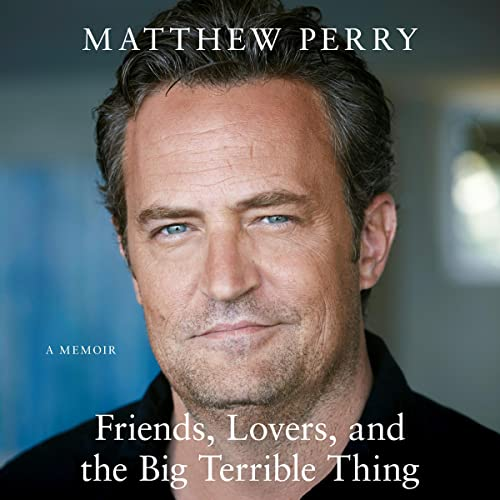Transcript of a debate on religion between Christopher Hitchens and Tony Blair
Many years ago, when I was still studying law at university, I did a legal internship course. The course convener and I became quite friendly and from time to time he would send me articles and things he thought might interest me. Some years after the course, he gave me this book. It hadn’t really captured my interest; while I enjoy debating I am not especially interested in British politics or religion, and this book must have been sitting on my shelf for over a decade. However, last year, when I was doing my Short Stack Reading Challenge, I added this one to my reading pile and I finally managed to read it.

“Hitchens Vs Blair: Be it Resolved Religion is a Force for Good in the World” is a transcript of a debate between author Christopher Hitchens and former British Prime Minister Tony Blair that took place in 2010 as part of the Munk Debates. The two speakers take turns debating whether religion has a net positive on the world, with Hitchens arguing no and Blair arguing yes.
It’s an interesting premise for a book, a transcript of a debate. The effect is kind of like reading Hansard. The two master debaters take turns to make their points and rebut one another, and then at the end the audience (and the reader) casts a vote. Hitchens and Blair are both clearly very eloquent speakers and it was interesting to read them both articulating the case for and against religion as an institution. I found this to be kind of like reading a play by play of a sporting match, where the skill is intellect. I did find it interesting (yet depressing) that the impact of religion in the Middle East, particularly Palestine, remains as relevant today as it was over a decade ago.
However, I think a public debate (transcribed or otherwise) ultimately is not the best forum for deciding this question. If you come across this book hoping for an answer to the big question of religion, you won’t find it. While entertaining, I think a debate is far too narrow a form for examining a question so broad and universal. Instead of a comprehensive understanding of all the social, historical, psychological, cultural and spiritual factors at play, it ends up just being discrete points and rebuttals. The audience was said to have changed its mind significantly after the debate, but I’m not sure I’d be convinced either way on any issue debated in this format.
A quick read, but I’m not sure it is better than just watching to the debate itself.












